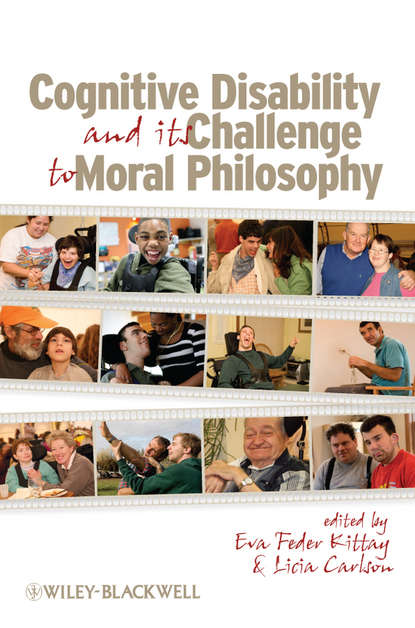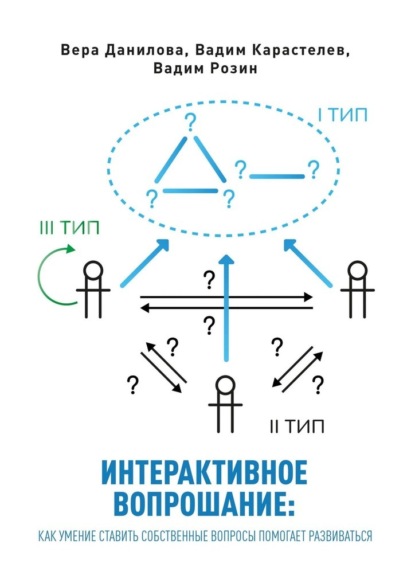Книга "Когнитивная инвалидность и ее вызов моральной философии" представляет собой сборник эссе, написанных ведущими врачами, медицинскими историками и известными моральными философами. В книге рассматриваются этические, биоэтические, эпистемологические, исторические и метафилософские вопросы, связанные с когнитивной инвалидностью. В книге присутствуют эссе таких известных современных философов, как Ян Хакинг, Марта Нассбаум и Питер Сингер, а также ведущих клиницистов и медицинских историков в области когнитивной инвалидности. Это первый сборник, который объединяет философские дискуссии о болезни Альцгеймера, умственной отсталости и аутизме под рубрикой когнитивной инвалидности. Книга предлагает исследования в категориях, таких как Альцгеймер, умственная отсталость и аутизм, а также вопросы, связанные с уходом, личностью, справедливостью, агентством и ответственностью.
In this book, Licia Carlson, through different essays provided by clinical medicine specialists, historians of medicine, and important moral philosophers tries to offer answer to the moral and philosophical problems raised due to cognition deficiency.
Электронная Книга «Cognitive Disability and Its Challenge to Moral Philosophy» написана автором Carlson Licia в году.
Минимальный возраст читателя: 0
Язык: Английский
ISBN: 9781444322798
Описание книги от Carlson Licia
Through a series of essays contributed by clinicians, medical historians, and prominent moral philosophers, Cognitive Disability and Its Challenge to Moral Philosophy addresses the ethical, bio-ethical, epistemological, historical, and meta-philosophical questions raised by cognitive disability Features essays by a prominent clinicians and medical historians of cognitive disability, and prominent contemporary philosophers such as Ian Hacking, Martha Nussbaum, and Peter Singer Represents the first collection that brings together philosophical discussions of Alzheimer's disease, intellectual/developmental disabilities, and autism under the rubric of cognitive disability Offers insights into categories like Alzheimer's, mental retardation, and autism, as well as issues such as care, personhood, justice, agency, and responsibility



















